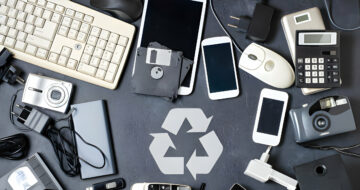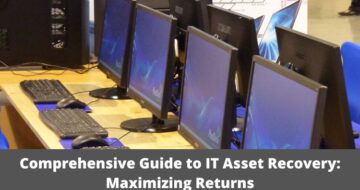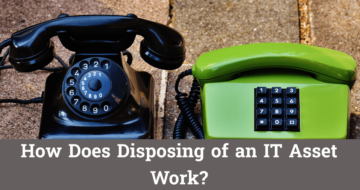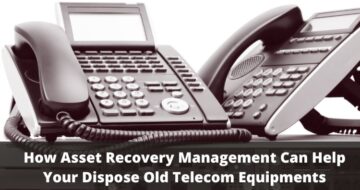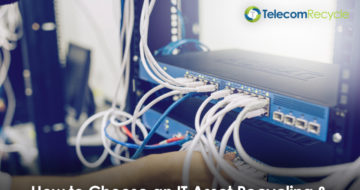Deciding on the right partner for recycling your telecom and IT equipment isn’t just a choice, it’s a commitment to sustai... Continue Reading
In today's dynamic business landscape, effectively managing Information Technology (IT) assets is integral to an organization'... Continue Reading
Welcome to our guide!! In today's rapidly evolving technological landscape, the management and disposal of IT assets have b... Continue Reading
In today's rapidly evolving technological landscape, businesses heavily rely on IT assets to drive their operations and stay c... Continue Reading
Information technology has revolutionized how we live and work, but as technology advances, older IT equipment becomes obsolet... Continue Reading
It is critical to keep track of a company's assets, regardless of size or industry. Asset management enables an organization t... Continue Reading
Companies are evolving, and so are their ways of doing business. While IT companies are trying their best to match the current... Continue Reading
Telecom equipment is the backbone of every business. It helps the business to grow and work seamlessly with the clients. The p... Continue Reading
Are you still using the legacy phone system in your office? If yes, then time is ripe to sell used phone equipment that you ar... Continue Reading
A situation may arise that a business has to liquidate or dispose of its IT assets. Disposing or liquidating the IT equipment ... Continue Reading

